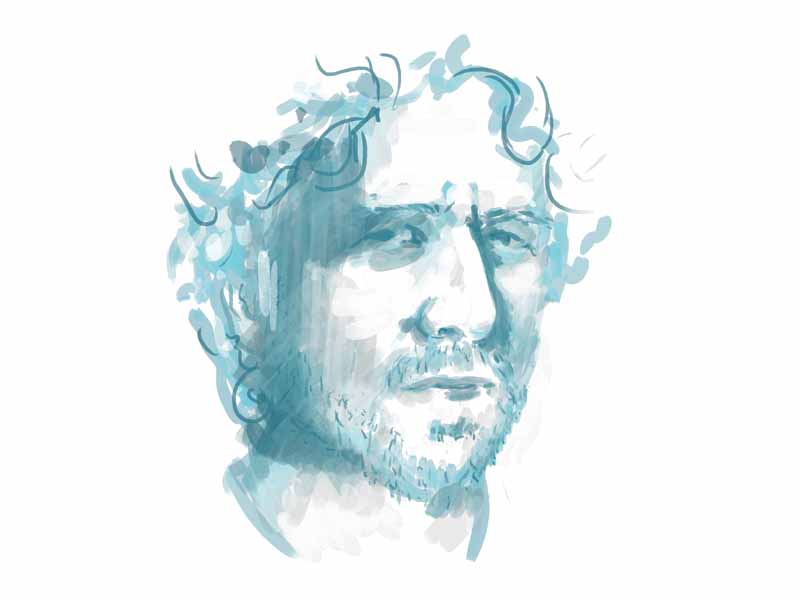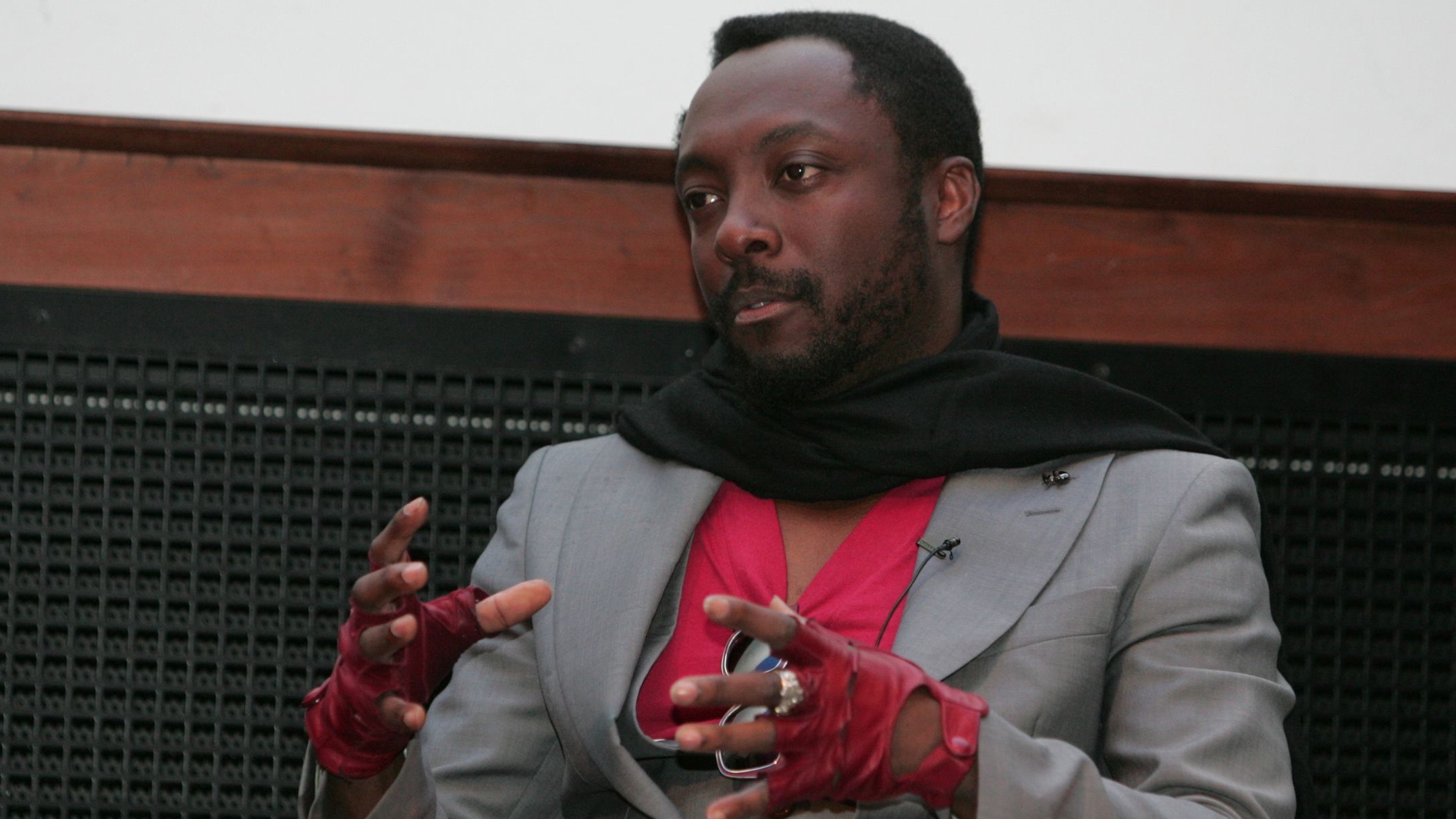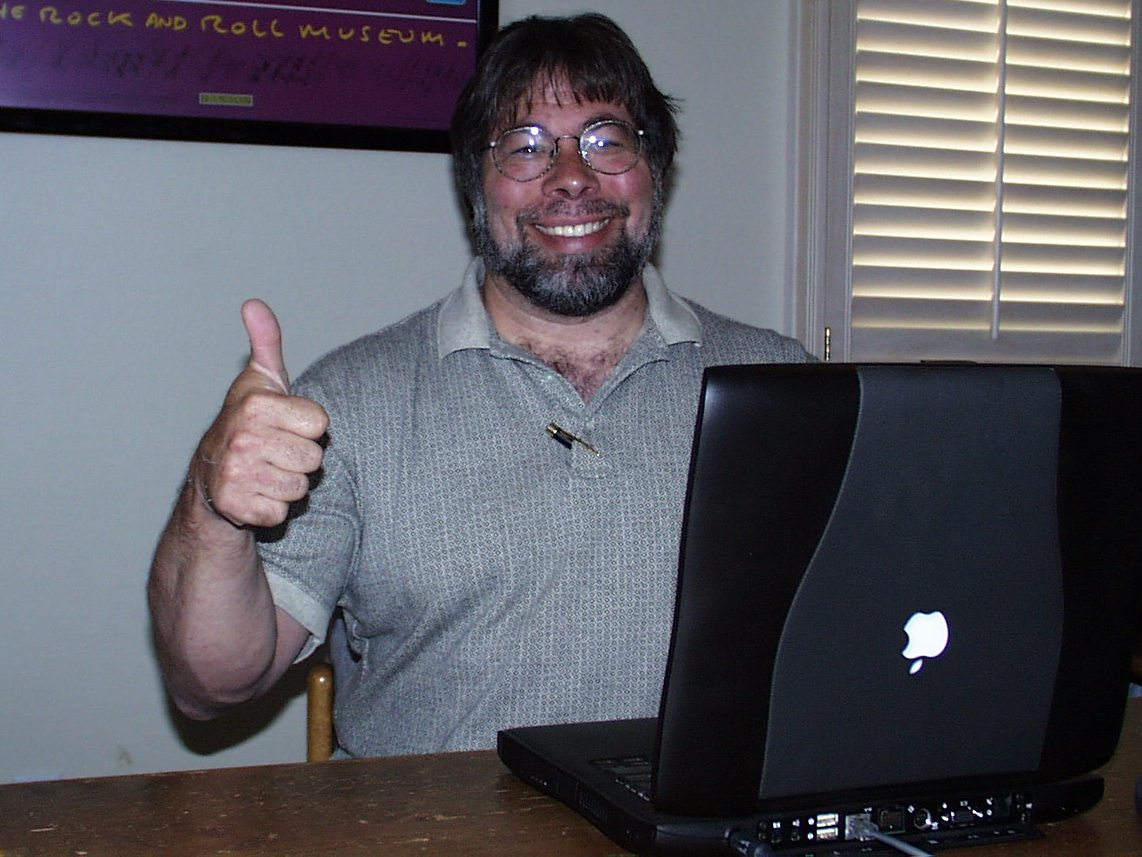The 10 biggest mouths in tech
The people we love - and sometimes, love to hate

The internet has created a new class of celebrity: the tech celeb, whose every utterance is treated by some as if it came down from a mountain with Moses.
In some cases that's entirely justified, because tech celebrities can use their enormous audiences to do good and fight evil, or just to quash some of the more stupid rumours that float around the internet.
However in some other cases it's elevated attention-seekers to the status of global gurus, heads becoming so big they're visible from far-flung satellites.
These are our nominations for the biggest mouths in tech, both good and bad — but we'll leave you to decide which ones fall into which category.
10. Robert Scoble
The former Microsoft evangelist remains one of the most visible and vocal tech bloggers, and he's even had a unit of measurement named after him: the milliscoble is a measure of how irritating somebody is on Twitter, with 1,000 milliscobles equalling one Scoble. His enormous army of followers means his praise and complaints are taken very seriously indeed: he's probably Google+'s highest-profile cheerleader, and won't hesitate to publicly shame firms such as Facebook if he thinks they're doing something wrong.
9. John Gruber

Gruber's long-established Daring Fireball blog is gleefully partisan, calling other tech pundits "jackasses" and taking great delight in cataloguing Android failures, Microsoft disasters and what he calls "claim chowder", an ever-growing list of Apple doom-mongering. It's also arguably the most influential and interesting Apple blog on the internet, and the same partisanship that's earned him the inevitable "fanboy" criticisms makes Daring Fireball a must-read for Mac fans.
8. Paul Thurrott
The ying to Gruber's yang, outspoken columnist, author and broadcaster Paul Thurrott does for Microsoft what Daring Fireball does for Apple, and his Supersite for Windows is an excellent place to find out what Microsoft's really up to. He's not completely blind to Microsoft's faults, but it's fair to say he enjoys winding up Apple fans more than he likes sticking the boot into Steve Ballmer. If you love Windows, he's a must-read.
Get daily insight, inspiration and deals in your inbox
Sign up for breaking news, reviews, opinion, top tech deals, and more.
7. Dave Winer
In his own words, Winer has "been a blogger as long as there's been such a thing" and he was "credited with developing or co-developing many popular Internet technologies, including RSS, OPML, XML-RPC, [and] SOAP." Wired called him "one of the most prolific content generators in web history", while NowPublic named him as one of Silicon Valley's most influential web voices. He's particularly good at spotting and shouting about the dangers of tech, such as privacy invasions and walled gardens.
6. Will.i.am

As Intel's Creative Director, Black Eyed Pea Will.i.am just opens his mouth and lets words tumble out. When we popped round to hear his wisdom in London earlier this month we discovered that he's invented a new kind of machine — the "sixth computer" — and believes that the internet is a trumpet. He also advised us to "stop thinking outside the box but instead get back in the box and think about how we can turn the box into something else."
5. Steve Wozniak

We love Apple's twinkly-eyed co-founder, and that's partly because he isn't afraid to ruffle feathers: for example last month, he opined that Windows Phone was more beautiful than iOS and that the late Steve Jobs had been "reincarnated at Microsoft". Did he mean it, or was it yet another wind-up from tech's merry prankster?
4. Michael Arrington
As founder and co-editor of Techcrunch, Michael Arrington became one of the most divisive figures on the net: he was powerful and he knew it, and he wasn't afraid to use that power to threaten and berate people such as Flickr founder Caterina Fake. He left TechCrunch to start another tech startup site, Uncrunched, which has been criticised over apparent conflicts of interest: Arrington's CrunchFund invests in some of the firms his Uncrunched site features. To some, Arrington speaks truth to power; to others, he's a bully.
3. Cory Doctorow
The good Doctorow is a fierce opponent of DRM and copyright-related idiocy, and he puts his money where his mouth is by making his novels available as free downloads. Doctorow was an early and active member of the Electronic Frontier Foundation and helped establish the UK's Open Rights Group, and he's a permanent thorn in the side of the copyright industries whenever they demand tighter regulation of the net.
2. Jeff Jarvis
The former TV critic and Entertainment Weekly creator turned new media guru is the go-to guy for digital business commentary, but he's been also been the subject of many critical kickings: The Kernel magazine named him as one of the "ten people who are wrecking the internet", while Evgeny Morozov demolished his book, Private Parts, in The New Republic as "a wordy marketing brochure for Jeff Jarvis, the thought leader, the consultant, the international man of mystery."
1. Julian Assange
He may resemble the villain of a 1970s BBC children's drama, but Julian Assange isn't acting: his Wikileaks site has published astonishing amounts of classified information, embarrassing governments and corporations around the world with little regard for any damage such revelations might cause. Mouths don't get much bigger than Wikileaks, but it seems that Assange still desires a higher profile — so naturally enough, he's trying to become a TV presenter too. The reviews haven't exactly been brilliant.
Writer, broadcaster, musician and kitchen gadget obsessive Carrie Marshall has been writing about tech since 1998, contributing sage advice and odd opinions to all kinds of magazines and websites as well as writing more than a dozen books. Her memoir, Carrie Kills A Man, is on sale now and her next book, about pop music, is out in 2025. She is the singer in Glaswegian rock band Unquiet Mind.
